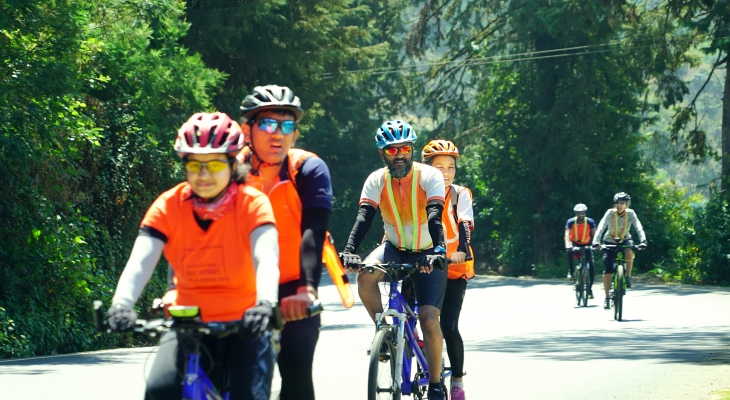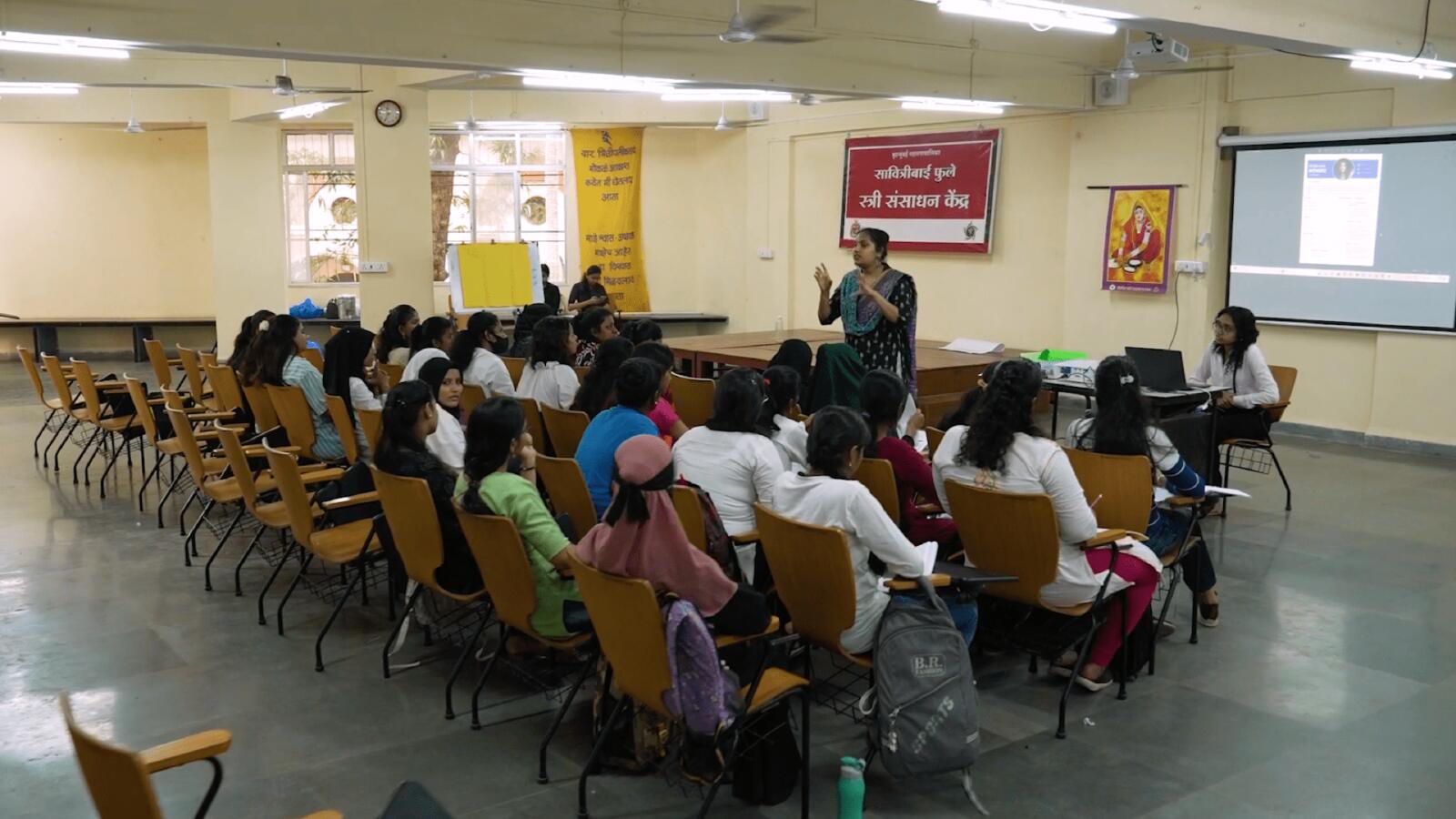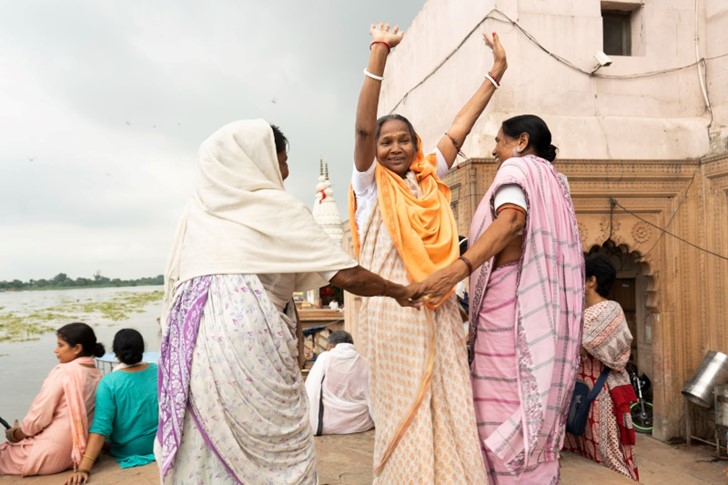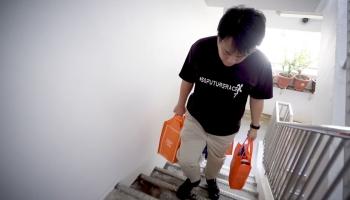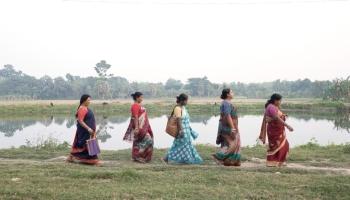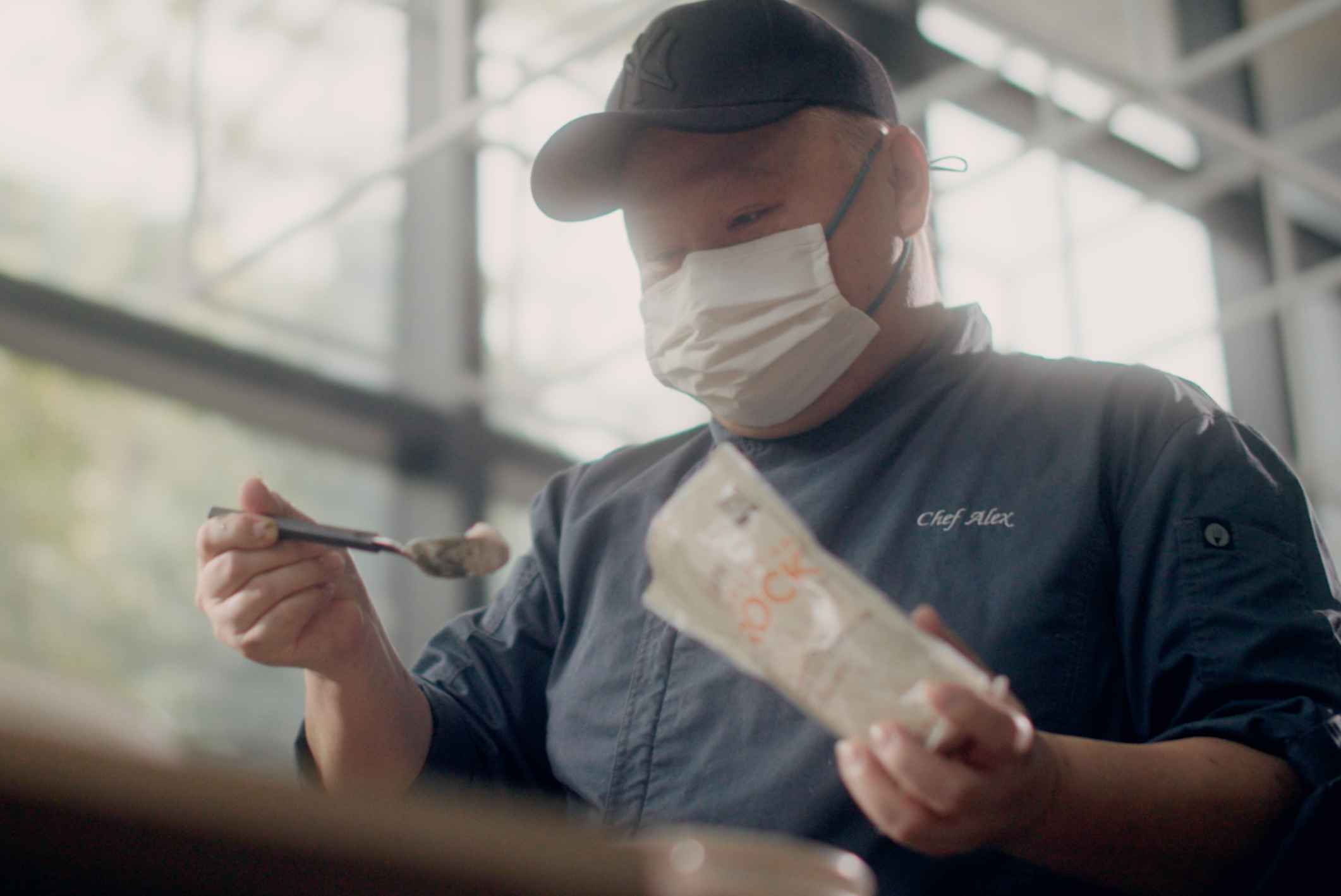What Drives These Women to Set Themselves on Fire?
Why would a woman set herself ablaze?
Pushed to the edge by her alcoholic husband, Yashodha did just that.
Like many women, Yashodha was raised in a traditional family and married off at a young age. Her husband’s alcoholism overwhelmed her, but not wanting to trouble her parents, she kept it to herself.
Lonely, emotionally burdened and seeing no way out, Yashoda reached for the kerosene one day and set herself on fire.
The International Foundation for Crime Prevention and Victim Care (PCVC) is all too familiar with such incidents.
While the act itself may seem sudden and shocking, it is actually the tipping point of months and years of accumulated abuse, be it emotional or physical.
“Nine out of 10 women that we meet tell us very clearly that domestic violence was the factor that pushed them towards it,” says Swetha Shankar, head of psychosocial programmes at PCVC.
Founded in 2001, PCVC helps rebuild lives that are affected by domestic abuse through programmes that help survivors build confidence.
According to India’s National Burns Programme, 91,000 women lose their lives every year due to burn injuries.
Some of these cases are initially reported as accidents to hide the presence of domestic abuse, but a number of survivors eventually share the horrid truth after counselling and reassurance.
Even if an act isn’t physical, it can still be abusive — a key part of PCVC’s work is creating awareness of the many faces of domestic abuse.
“In our culture, we are brought up in such a situation, where some women don’t even realise that they are undergoing domestic violence,” explains Sajitha Spelman, project coordinator at PCVC.
While many can identify physical beatings as abuse, less recognisable are other forms of mistreatment, such as economic and emotional manipulation, and the lack of freedom to make daily decisions.
“So it is very important to recognise that this doesn’t happen in isolation,” says Swetha. “That it is not just a burn injury. That there is a history of violence, of domestic abuse, of a denial of choice.”
PCVC has helped 4,500 burn survivors since 2006. The non-profit leaves no detail to chance — right down to providing the hospitals caring for the women with clean disposable sheets and gowns, clean drinking water and health supplements.
According to PCVC, this helps the survivors feel that somebody cares for them, as they embark on their road to recovery.
The journey for women like Yashodha may have stemmed from lack of independence, but it certainly does not stop there.
Refusing to remain a victim, she not only broke free from the cycle of abuse and gained employment; she also became a thriving example for others.
“There may not be beauty in my appearance but there is beauty within me. Many appreciate me. They like my words. They like my courage,” she shares proudly.
Find out more about PCVC, and donate to help them support more survivors on their journey to empowerment.
Making this film was a powerful experience for Pooja Batura, our storyteller. Read more about her experience on our Community Blog.
About PCVC
Contributors
Director
Producer & Editor
Writer
Executive Producer



